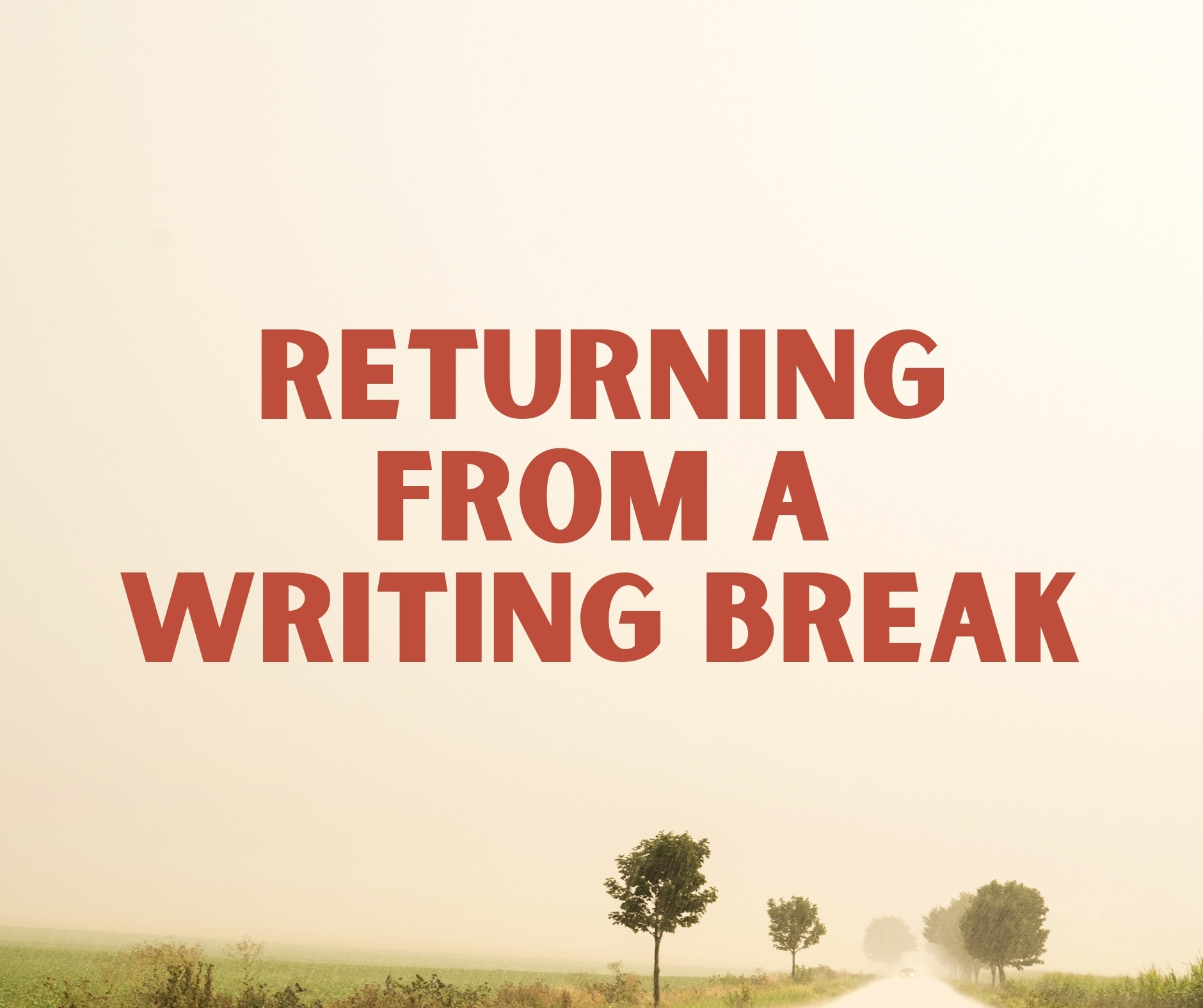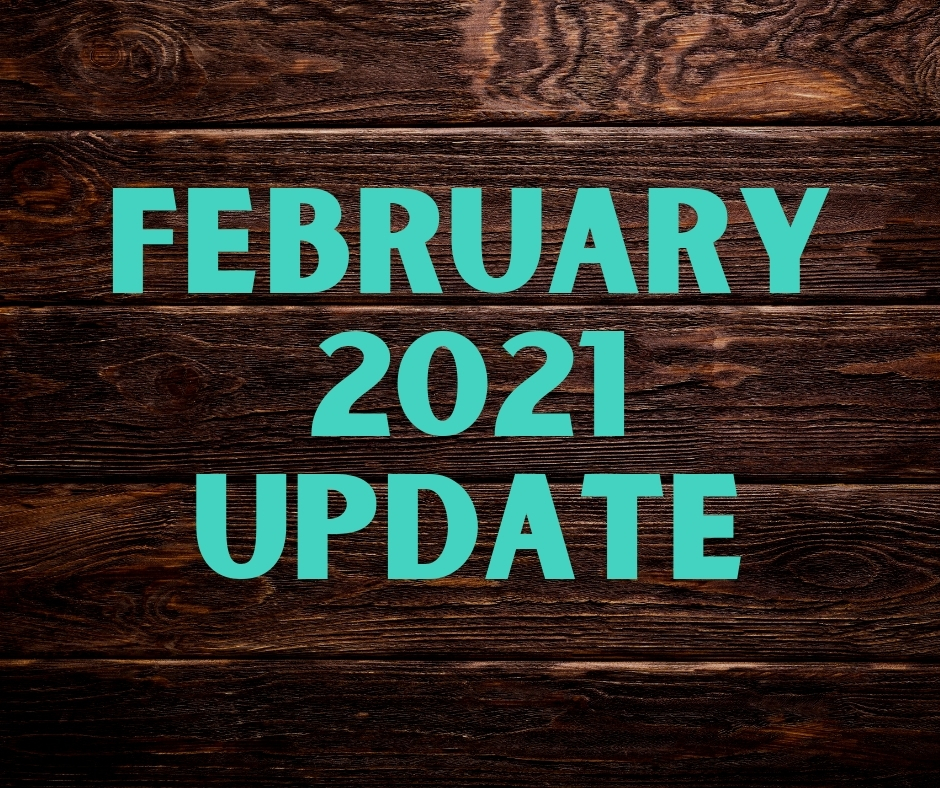Hey! Jon here. Just a heads-up that this post is over a year old and is therefore likely to be outdated.
How to Achieve All Your Goals in 2019
28th December, 2018 Share on Twitter

Hi guys! This post is from a past email from my storytelling newsletter. If you'd like to receive these as soon as they're written, sign up to my email list here.
Merry Christmas and happy winter holidays! We’re at the final weekly newsletter email for 2018. And what a year it has been! So many great books have been published, Kindle ebook sales are on the rise, as are indie brick-and-mortar book stores around the world. And for me, I wrote and published my very first non-fiction title, The 24 Laws of Storytelling.
This time of year, it’s natural to think ahead to what we can achieve in the coming year. 2019 indeed holds incredible potential for the writerverse. I’ve been told by inside sources that there are updates-a-plenty for the Kindle reading app for Android (hint: infinite scrolling!), and a lot of my writer friends have titles planned for release in 2019.
In general, this made me think of my own approach for goal setting. In particular, I don’t actually set New Year’s Resolutions. I know right, heresy! So much of the content this time of year is around New Year goalsetting, so I thought I’d throw my hat in the ring and hopefully give you some great tips and perspectives to help you succeed in 2019.
Enjoy!
0. Choose the right goals and align yourself with clarity. I inserted this step before the others because it’s by far the most important. If you’re not able to step back, pick the most important goals, and align your rudder accordingly, there’s a danger you’ll go in a totally wrong direction. “Find your passion” is a frequently given piece of advice that sometimes induces more panic than inspiration. So how do we identify our true goals? Memento mori—meditate on death.
“Um, what the hell?” you might be asking.
Let me explain with a thought experiment: If you were (God forbid) hit by a bus tomorrow, would you be happy with what you’d leave behind? Is the answer “No” or “Not yet”? Then think about the things you could accomplish, the creative work you could leave behind that would make you happy about leaving your brief time here. Publishing that one book, and putting everything you have into it, might be the goal you need to strive for, so put all your resources into achieving it in 2019.
I realise that this exercise might seem unusual or morbid, but so many of us forget the fact (and it is a fact) that our time here is limited, and we can’t do everything we set out to do. The only inevitable solution, then, is to pick the crucial tasks we know will drive us forward towards achieving our most important goals. By knowing what crucial task we couldn’t not leave behind when we’re gone, we are able to adjust our rudder and know heart of hearts that it’s the right goal to strive for.
1. Time keeps moving. It doesn’t “end” and you should see it as a continuous stretch with ebbs and flows. A popular mistake made when talking about years is that there is some arbitrary glass wall at the end of each one. Almost like, if we don’t get this and this done, 20XX is a complete failure—not true. Seeing the years progress as a kind of singular continuum is a lot less anxiety-inducing than to think of imaginary deadlines with absolute success/failure conditions. I like to call this “stepping back into glacial time”—by stepping back and seeing events ebb and flow instead of being blown about by each day’s whims, you’ll be more centered and clear on your true goals.
2. Play the long game. Progress that sticks isn’t created overnight, but in a series of small steps. The myth of overnight success, and the undue focus on a situation’s culminating point, is one of our society’s greatest problems, and I like to call it “Waterloo Syndrome”. When talking about the French emperor Napoleon, there’s often an overemphasis on Waterloo. There’s a mistake with this—Waterloo was his final battle, and there’s twenty years of fascinating buildup before it. We make the same mistake in goal-setting for ourselves and others. Authors who seem to hit it perfectly and get their overnight bestseller have usually spent years honing their craft—usually they more than deserve what seems to look like their overnight big break.
3. Don’t think of each goal as its own individual “progress bar”. Your achievements all stack together into one. Review your accomplishments in 2018, even the small seeming ones—if you achieved some other writing goal, or even something completely unrelated, it all realistically contributes towards your chief writing goal. Got 30k words in this year’s NaNoWriMo? Brilliant, you’ve got some invaluable drafting practice right there. Made an impressive presentation at work? Great, you’ve developed skills in presenting your ideas. If you grabbed a bunch of new Twitter followers this year, then one of those could be an agent, or knows someone who is. Or, they could be the perfect reader who’ll rave about your upcoming book to all their friends when it’s done. See how all these small accomplishments add to your main writing career goals?
4. Don’t compare yourself to how others are today, but instead compare yourself to how you were yesterday. One of the most reliable ways to make yourself upset is to compare your own progress to your friends’. It’s also a completely unfair comparison—your friend may have completed A and B in 2018, but they’ve had a totally different journey up until those points. If you focus internally on your own progress, on the other hand, you’ll see how much you’ve improved in the most recent stretch of time. Never discount your improvements, never say, “oh well that was just easy,” it ALL counts.
5. Start before you’re ready. NEVER at an arbitrary future point in time. Start before you’re ready. Start before you’re ready. I want you to burn these words into your brain! There is never going to be a perfect time to start habit A or B, or give up X or Y vice. The stars are not going to align and shine down in a mystical ray of sunshine on your writing desk. You need to get your hands dirty and just get started. The first words are going to be ugly, but so are everyone’s.
6. Practice “Past Year Reviews” instead of setting New Year’s Resolutions. Today Tim Ferriss (@tferriss) published a new blog post explaining his “Past Year Review” method. I think it’s a great approach and will give you genuine progress in 2019:
I’m often asked about how I approach New Year’s resolutions. The truth is that I no longer approach them at all, even though I did for decades. Why the change? I have found “past year reviews” (PYR) more informed, valuable, and actionable than half-blindly looking forward with broad resolutions. I did my first PYR after a mentor’s young daughter died of cancer on December 31st, roughly eight years ago, and I’ve done it every year since. It takes 30-60 minutes and looks like this:
Grab a notepad and create two columns: POSITIVE and NEGATIVE.
Go through your calendar from the last year, looking at every week.
For each week, jot down on the pad any people or activities or commitments that triggered peak positive or negative emotions for that month. Put them in their respective columns.
Once you’ve gone through the past year, look at your notepad list and ask, “What 20% of each column produced the most reliable or powerful peaks?”
Based on the answers, take your “positive” leaders and schedule more of them in the new year. Get them on the calendar now! Book things with friends and prepay for activities/events/commitments that you know work. It’s not real until it’s in the calendar. That’s step one. Step two is to take your “negative” leaders, put “NOT-TO-DO LIST” at the top, and put them somewhere you can see them each morning for the first few weeks of 2019. These are the people and things you *know* make you miserable, so don’t put them on your calendar out of obligation, guilt, FOMO, or other nonsense.
You can find the original post here. If you’re not already aware of who Tim is, he’s been a huge influence on me (not an exaggeration by any measure) and has published some truly life-changing books. Go check him out!
7. You’re doing great. Don’t let arbitrary goals affect your happiness. With all the talk on goals and self-reflection on our past progress, it’s easy to make ourselves feel down about anything we might have done badly. Instead of cringing at blunders from the past, learn the lesson and make an oath “I shall never repeat such a mistake again” and let the matter drop. Life is too short to feel inadequate due to perceived failures. The truth is, it’s an awesome journey, and as long as we put the most effort into the direction that feels the best to us, we can feel measurably more fulfilled than if we were to tie our happiness and self-worth to something outside our control.
That’s it! I hope you have a great New Year’s, and thank you for joining me on this journey in 2018.
“If you have an idea that you genuinely think is good, don’t let some idiot talk you out of it.”
Stan Lee, 1922-2018
Hi guys! This post is from a past email from my storytelling newsletter. If you'd like to receive these as soon as they're written, sign up to my email list here.
Please check out The 24 Laws of Storytelling, my book that explores the principles that make some books and movies great and explains why others fail. By reading my book, you’ll gain the same strategies used by master storytellers such as Stephen King, Christopher Nolan, Fyodor Dostoyevsky, and many more. Pick up your copy today.




